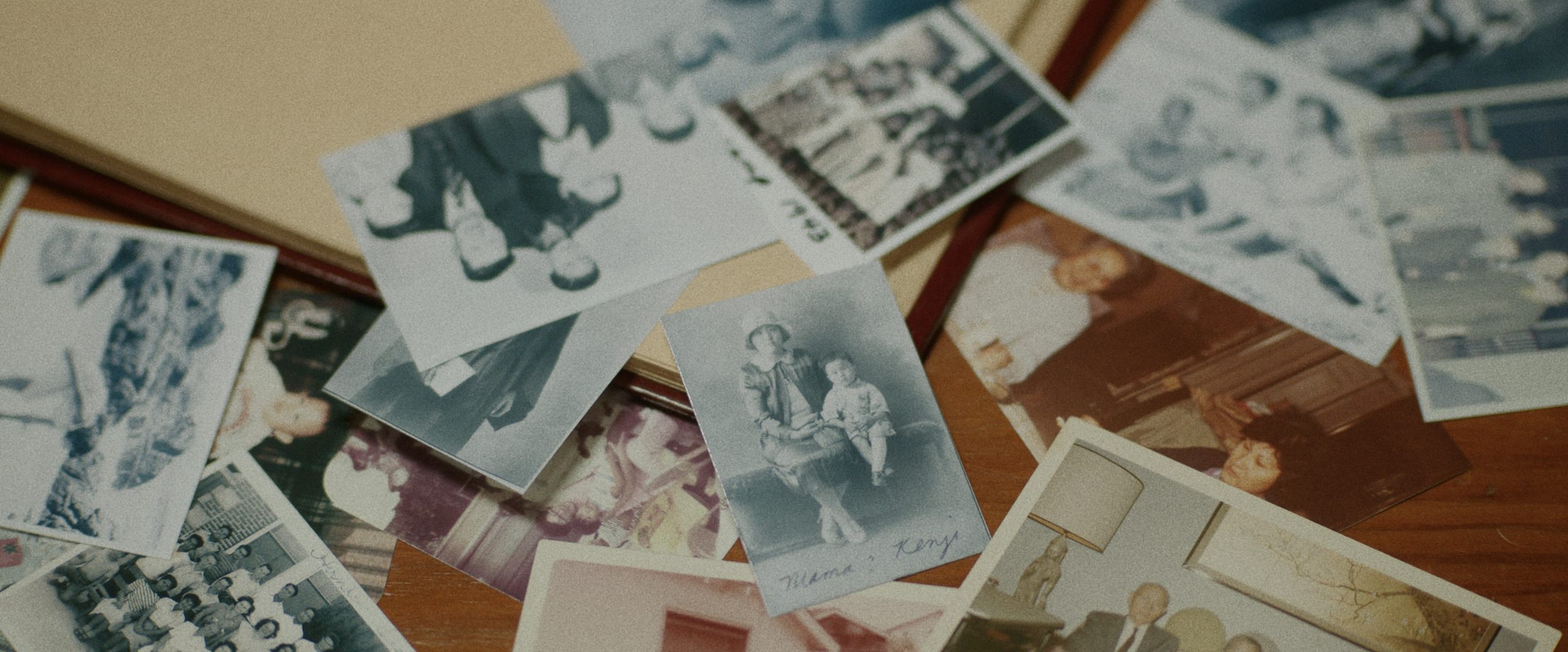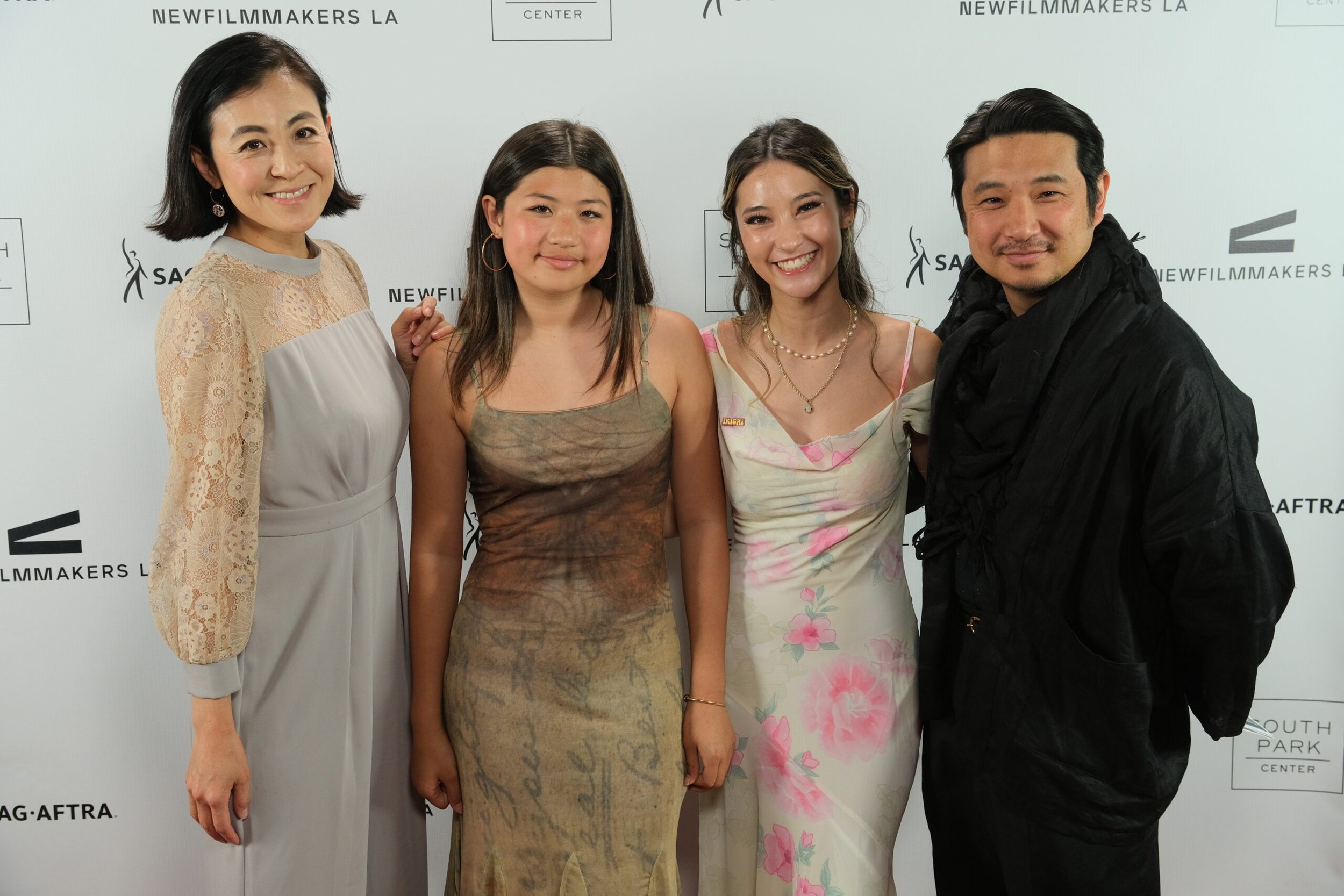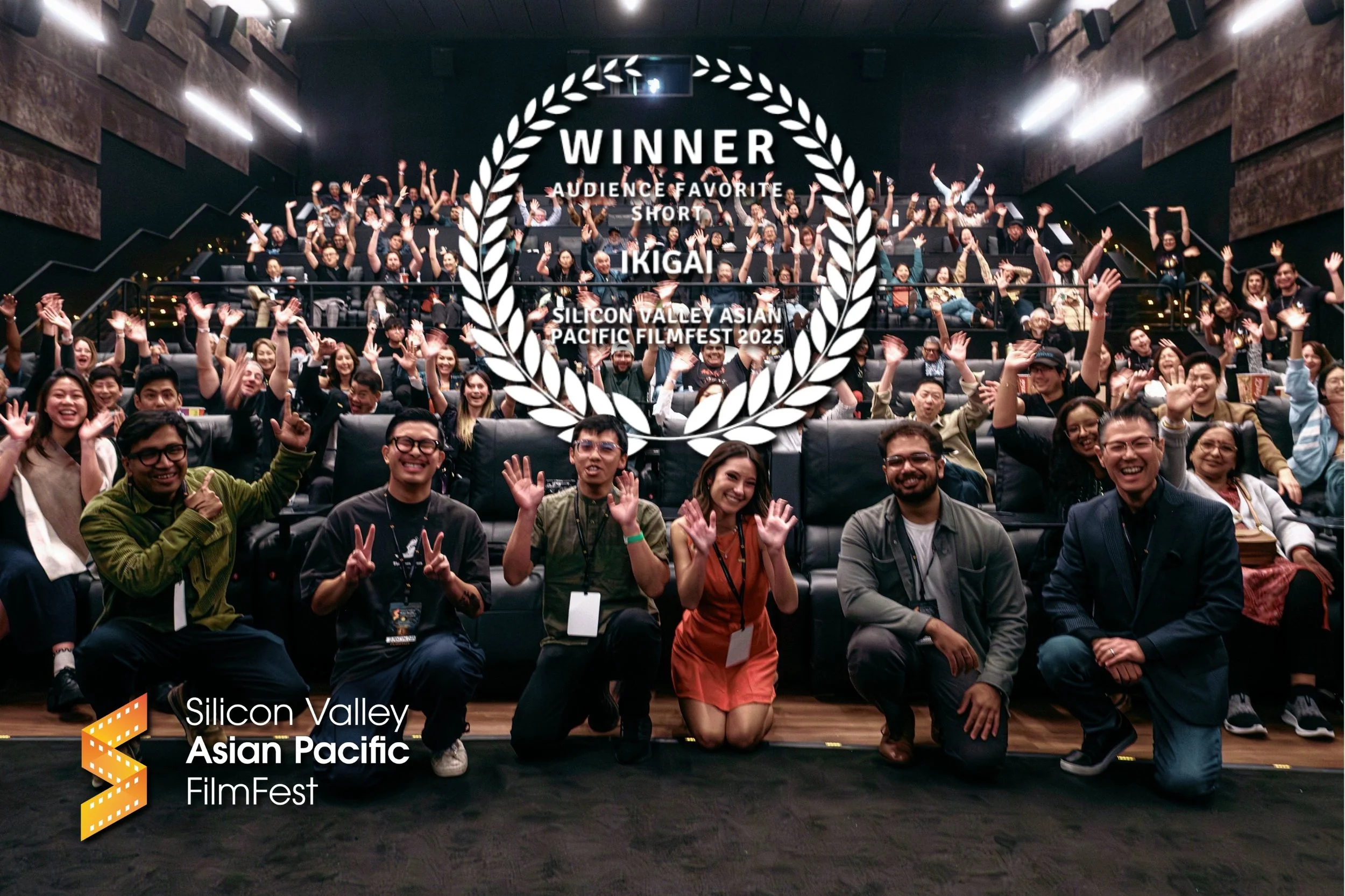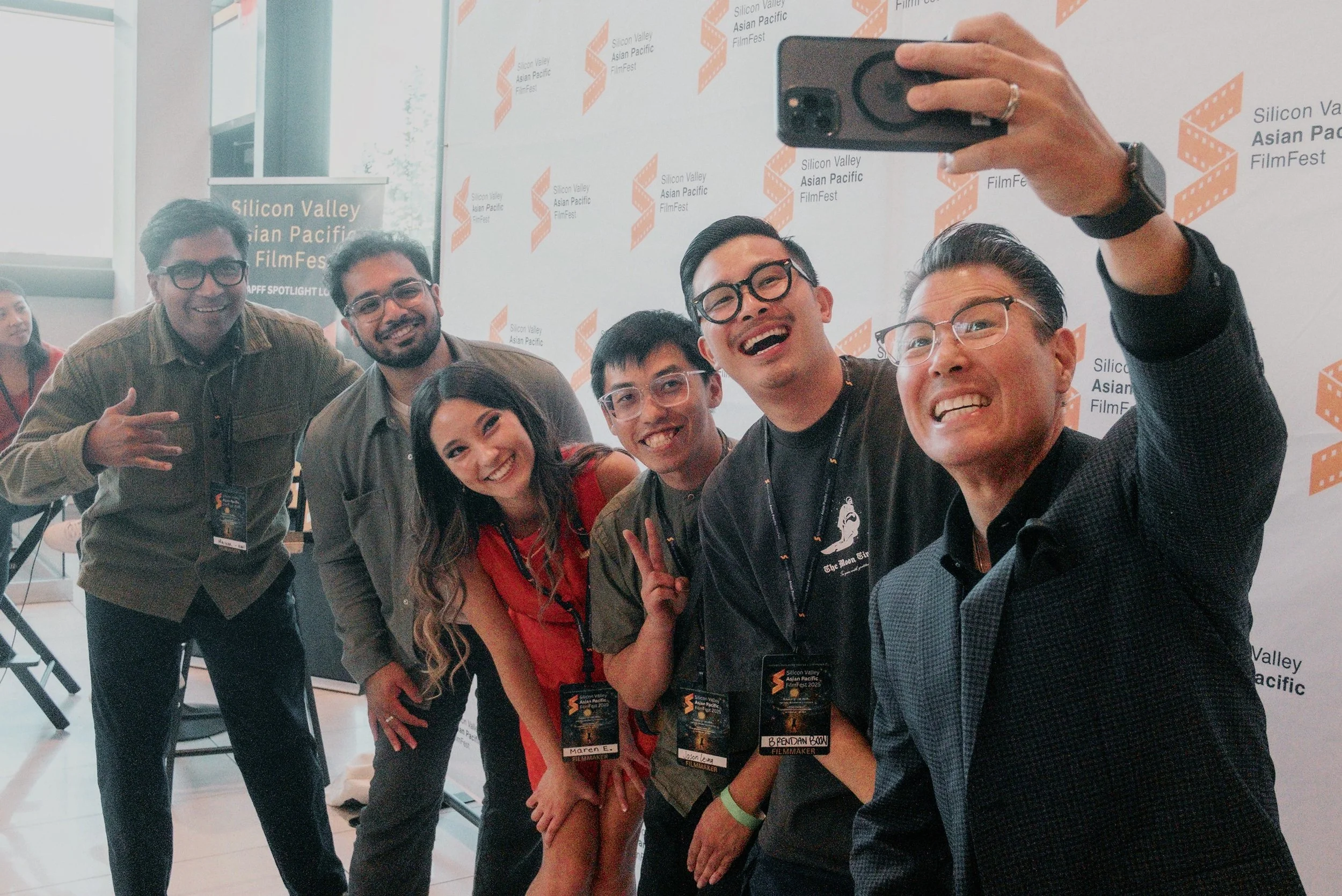
IKIGAI
WRITTEN & DIRECTED BY
2024
YEAR
Julia Saito
Natsuko Aoike
Brian Yuichi Takahashi
STARRING
Mary Lapari
Sullivan Lapari
Becca Bell


Achievements

Film Festivals
NFMLA Screening
Film Festivals
Film Festivals
Achievements


















